Does Antifreeze Have an Expiration Date?
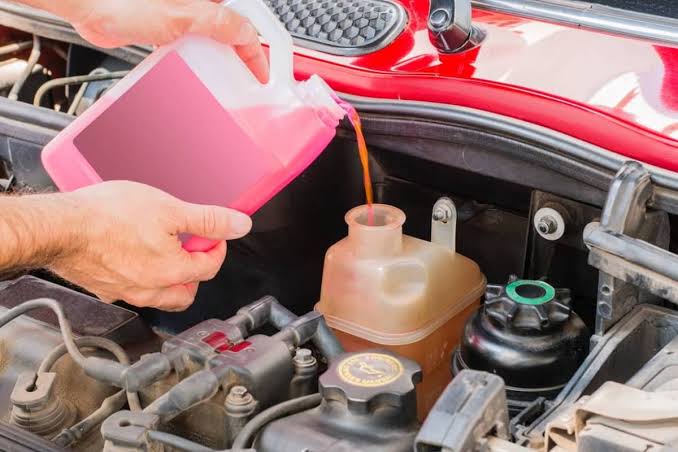
Antifreeze, also known as coolant, plays a vital role in maintaining your car’s engine temperature. While it’s common knowledge that it prevents overheating and freezing, many drivers wonder: Does antifreeze have an expiration date? In this article, we’ll explore whether antifreeze expires, how to identify if it has gone bad, and what you can do to ensure optimal engine performance.
What Is Antifreeze?
Antifreeze is a liquid used in a car’s cooling system to regulate the engine temperature in extreme hot or cold conditions. It typically consists of:
- Ethylene Glycol or Propylene Glycol: The main chemical that prevents freezing and boiling.
- Additives: Rust inhibitors, anti-corrosion agents, and lubricants to protect the engine and cooling system.
Does Antifreeze Expire?
Yes, antifreeze does have an expiration date, although it doesn’t “go bad” in the same way food does. Over time, the chemical properties and additives in antifreeze degrade, reducing its effectiveness.
Factors That Affect Antifreeze Expiration:
- Type of Antifreeze:
- Conventional Green Antifreeze: Typically lasts 2–3 years.
- Extended-Life Coolant: Can last up to 5 years or 150,000 miles.
- Storage Conditions:
- Antifreeze stored in a sealed container can last indefinitely.
- Opened containers may degrade faster due to exposure to air and contaminants.
- Usage in Vehicles:
- Once in the cooling system, antifreeze degrades due to heat, contaminants, and wear, requiring replacement according to manufacturer recommendations.
Signs That Antifreeze Has Gone Bad
It’s crucial to identify when antifreeze has expired or lost its effectiveness. Look for these signs:
1. Discoloration
Fresh antifreeze is typically bright green, orange, pink, or yellow, depending on the type. If it appears brown, rusty, or cloudy, it’s a sign of degradation.
2. Sludge Formation
Old antifreeze may form a thick, sludgy residue that clogs the cooling system and reduces efficiency.
3. Sweet or Foul Odor
Expired antifreeze may emit a strong, unusual smell, indicating chemical breakdown.
4. Overheating or Poor Cooling Performance
If the engine overheats frequently or the cooling system isn’t working effectively, the antifreeze may have lost its protective properties.
How to Check Antifreeze Quality
To ensure your antifreeze is still effective, follow these steps:
1. Use an Antifreeze Tester
An antifreeze tester measures the concentration and freezing/boiling points. It’s an easy way to determine if your coolant is still effective.
2. Inspect Visually
Check the coolant in the reservoir for color and clarity. Any unusual discoloration or particles suggest it’s time to replace it.
3. Consult the Maintenance Schedule
Refer to your vehicle’s owner manual for specific guidelines on antifreeze replacement intervals.
Why Expired Antifreeze Is a Problem
Using expired or degraded antifreeze can lead to several issues:
1. Reduced Cooling Efficiency
Old antifreeze loses its ability to regulate temperature, leading to engine overheating or freezing in extreme conditions.
2. Corrosion and Rust
Degraded additives may allow rust and corrosion to form in the radiator, hoses, and other components.
3. Increased Wear and Tear
Clogs from degraded antifreeze can cause damage to the water pump, thermostat, and other parts of the cooling system.
4. Risk of Engine Damage
Prolonged use of expired antifreeze can lead to severe engine problems and costly repairs.
How to Extend the Life of Antifreeze
Here are some tips to keep your antifreeze in good condition:
1. Follow the Manufacturer’s Guidelines
Stick to the recommended replacement intervals based on your vehicle and the type of antifreeze used.
2. Use the Right Type
Always use the antifreeze type specified for your vehicle to ensure compatibility and performance.
3. Maintain a Sealed System
Ensure the cooling system is sealed to prevent air and contaminants from entering.
4. Flush the System Regularly
A coolant flush removes old antifreeze, contaminants, and debris, ensuring optimal performance of the cooling system.
Frequently Asked Questions
1. Can unopened antifreeze expire?
Unopened antifreeze stored in ideal conditions can last indefinitely, but it’s always good to check the manufacturer’s recommendations on the label.
2. How often should I replace antifreeze in my car?
Most manufacturers recommend replacing antifreeze every 2–5 years or 30,000–150,000 miles, depending on the type.
3. What happens if I mix old and new antifreeze?
Mixing old and new antifreeze can dilute the effectiveness of the new antifreeze, reducing its protective properties. Always flush the system before adding fresh coolant.
4. Is it safe to dispose of expired antifreeze at home?
No, antifreeze is toxic and must be disposed of at designated recycling or hazardous waste facilities.
5. Can I use water instead of antifreeze?
Water alone does not provide the same freezing, boiling, or anti-corrosion protection as antifreeze and is not recommended as a long-term solution.
Conclusion
Antifreeze does have an expiration date, whether it’s stored in a container or circulating in your car’s cooling system. Regular maintenance, timely replacement, and proper storage ensure that antifreeze continues to protect your engine from extreme temperatures and corrosion. Keeping your coolant fresh is a simple yet crucial step in maintaining your vehicle’s overall health and performance.
Also Check:
• Does Engine Oil Have an Expiration Date?
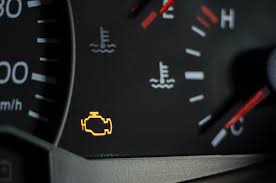
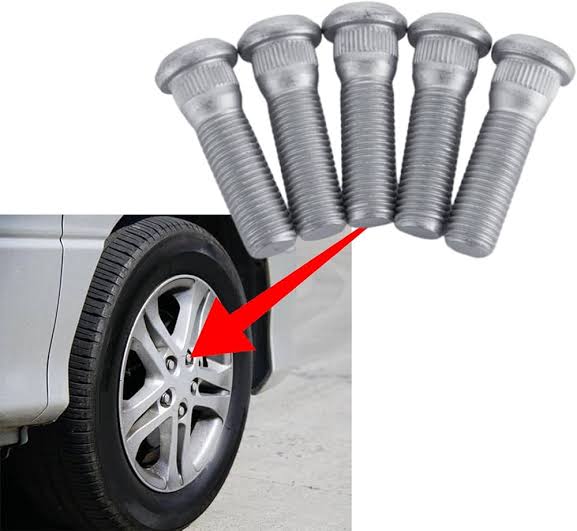
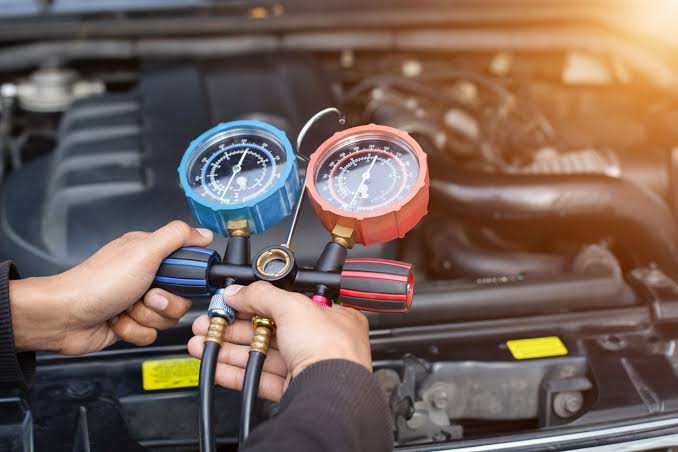

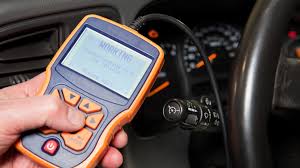

One Comment